Google Images may soon feature "shoppable ads"
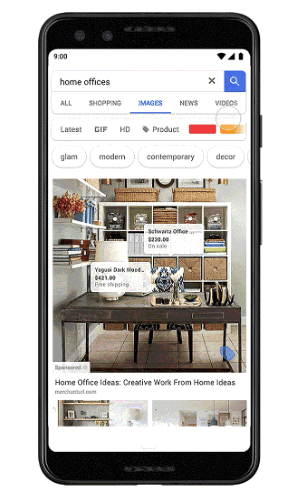
Google Images is a popular image search engine that returns images based on search terms that you enter into the search box on the site.
Advertisement may be displayed on Google Images depending on the search query and region of the searcher.
Google announced recently that it plans to extend advertising on Google Images by introducing what it calls "shoppable ads" to the supported ad formats.
The basic idea behind the new ad format is that advertisers may use it to highlight multiple items in a single image that are up for sale. Think of an interactive image that lets you interact with certain elements in it.
A home office ideas advertisement might show an image of a home office. Upon user interaction with the element, it might highlight the desk and a bookshelf on the image, and display prices for each of the items.
Let’s say a shopper is searching for home office ideas on her mobile device or desktop and goes to Google Images to explore ideas around how to organize her room. She can scroll through the images, hover over any sponsored ad with the price tag, and see the items for sale in the image -- along with prices, the brand, and more.
Google notes that it is testing the format currently "on a small percentage of traffic with select retailers" and on certain broad queries currently. The company plans to roll out the new ad format to more categories in the coming months.
Google Images will feature Showcase Shopping ads as well soon. The ad unit is also available on Google Search and provides advertisers with options to highlight products or their brand at the top of the search results.
The new ad formats will show up on mobile and desktop searches on Google Images.
Google Images alternatives
Using an ad-blocker may block the ads from showing up on Google Images. You may also use a different image search engine that uses less or even no ads at all.
Google has been criticized recently for removing the View Image button in image search. While you can restore it using extensions, you may also use different search engines altogether.
Here is a short list of image search engines that you may want to try out:
- DuckDuckGo Images Search -- supports size, type, layout, and color filters. DuckDuckGo supports bangs that you may use to redirect searches to certain image search engines (and others) automatically.
- Startpage Image Search -- works similarly to Google Images. Supports size, color, and type filters. Check out these Startpage search tips to get you started.
Now You: Which image search engine do you use, and why?



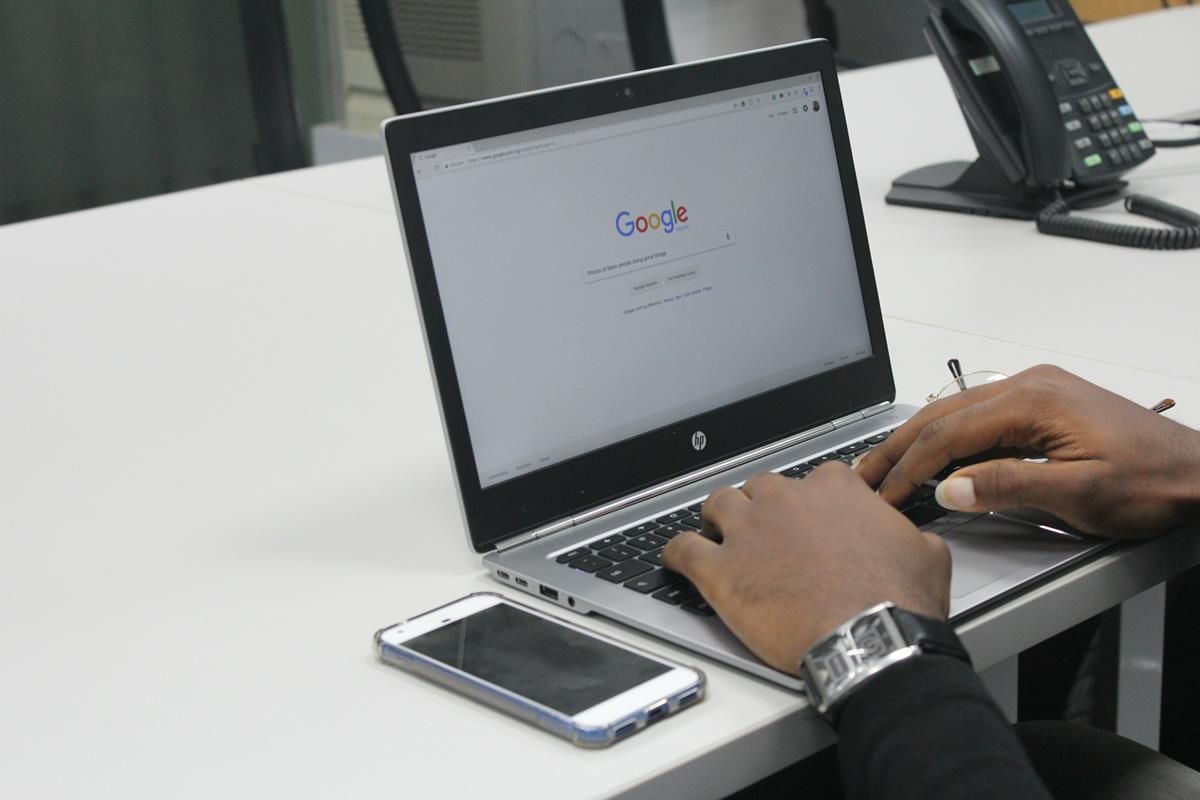

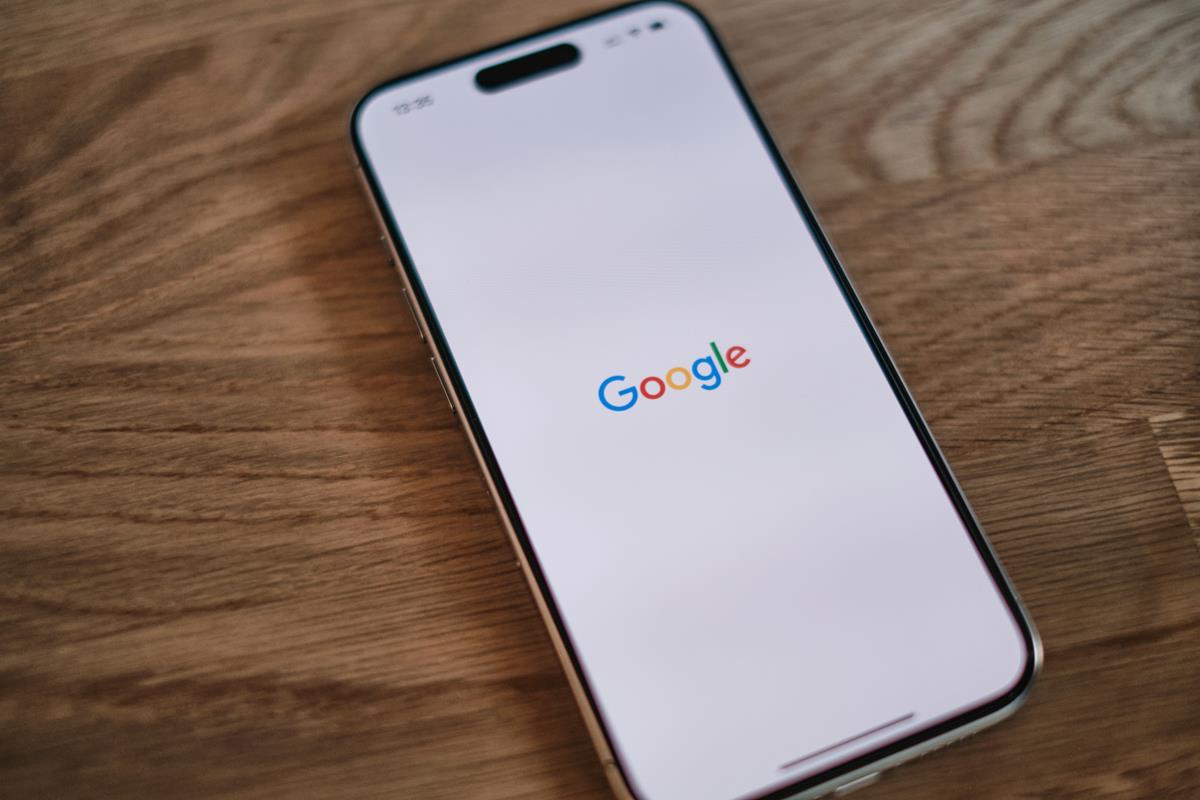
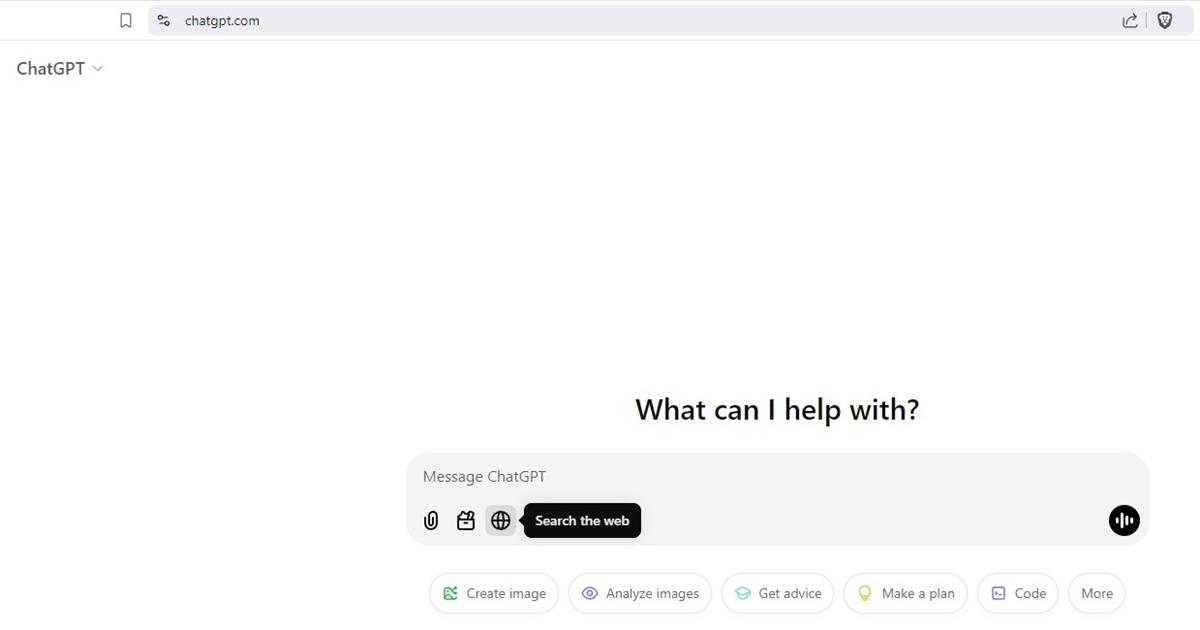






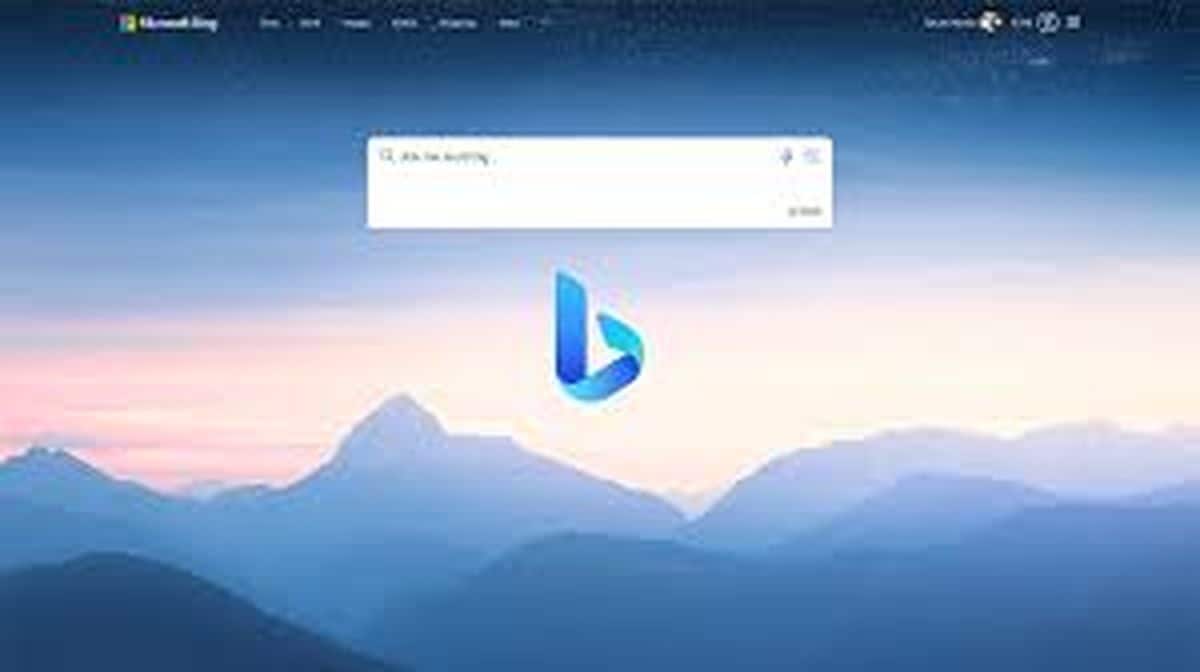
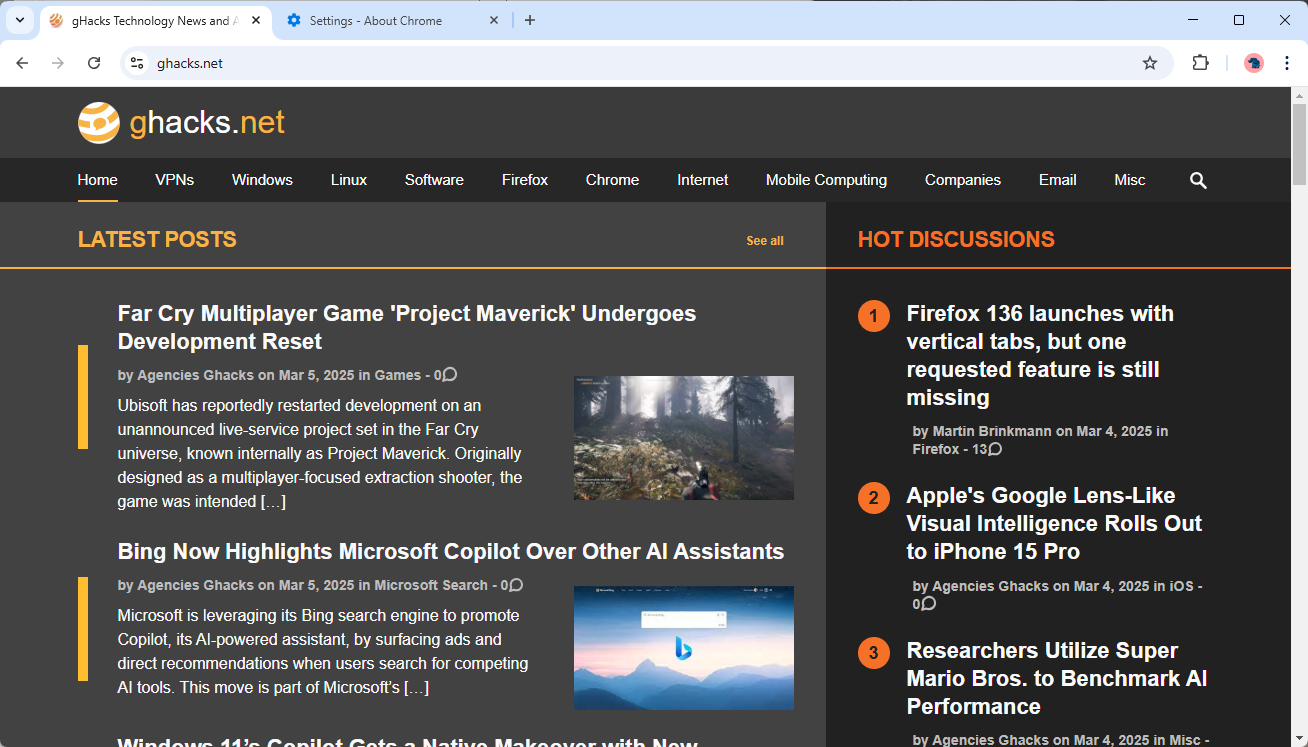

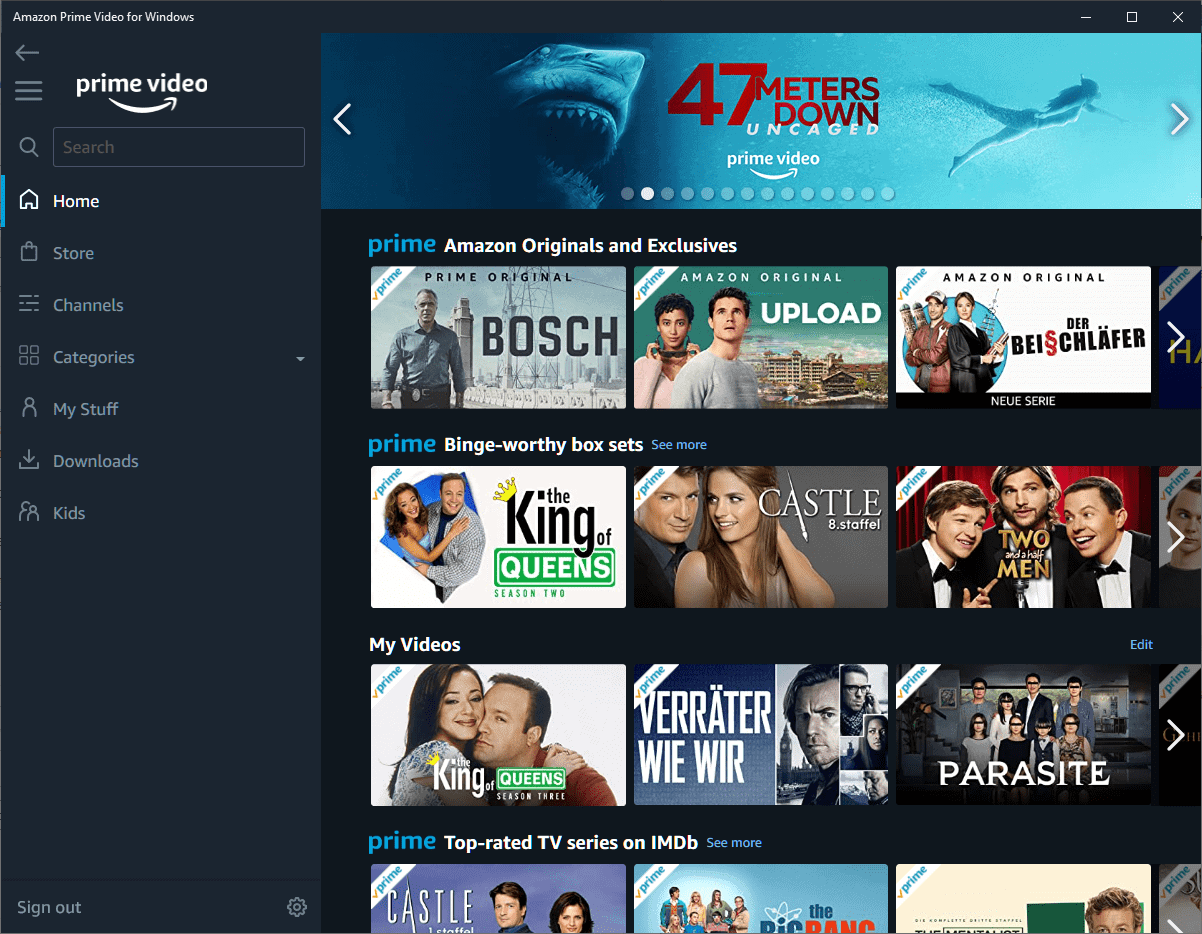


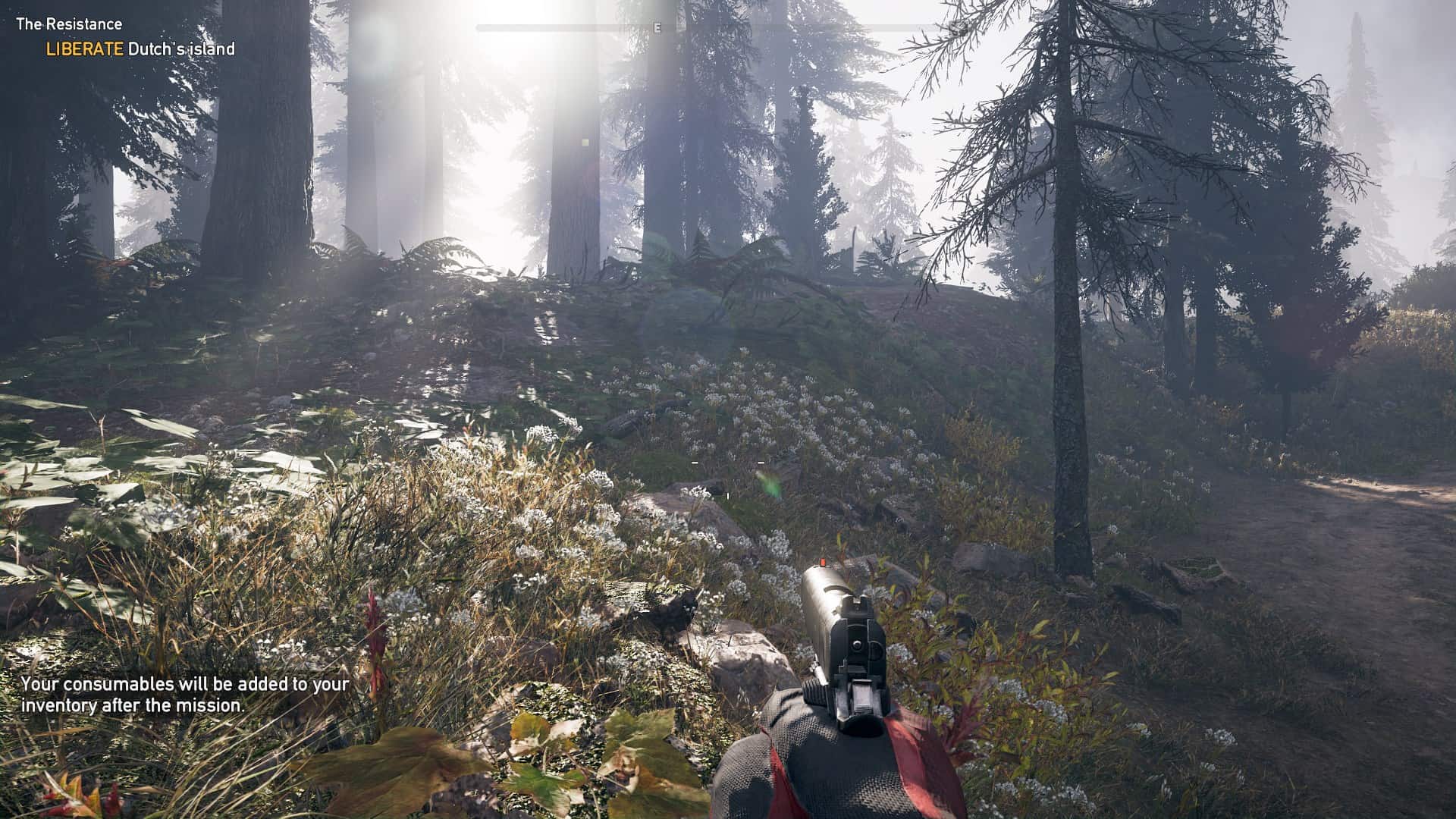


With any luck, Google have shot themselves in the brain. I’ve grown to totally detest them and their annoying ads. I have them totally blocked, now, with the rare exception of Earth. Hopefully, others will follow, until their income drops. For me, trust is a big thing and I don’t trust Google as far as I can throw one of their cars. Heck, it’s a tough call, as to whether I trust them least, or Micro$oft.
Fairly unlikely to affect me. I use Google Image Search less than I used to, but I also use an Extension to block JS selectively on Google Image Search, as I prefer their old display, and not the endless scroll and JS version.
So with JS disabled automatically on their image search, I very much expect to see more or less the old fashioned display how it used to be (nice!) and if any elements appear, I’ll just block them with UBO element blocker.
Great Caesar’s Ghost is NOTHING sacred anymore!!!!
My Internet my once beautiful, wonderful Internet,
Go monitize ‘Meatspin’ you… Gargle.. You….
Sonna ma Batches!!!
We use Duck Duck and Startpage. Google doesn’t even bother to hide the fact that they’re an ad company; they seem proud of it. If people went to a grocery market and found lots of ads for clothes, shoes, trips to Tahiti and pastel, overexposed, bluish vids of generic people talking about inane gadgets and services, they’d be mad. Online, brains are left out of the “experience.”
@ULBoom: ” If people went to a grocery market and found lots of ads for clothes, shoes, trips to Tahiti […]”
There are grocery stores in my area that do exactly this. I can’t stand shopping at them, personally, but they haven’t gone out of business so I suspect I’m in the minority.
Antitrust suit incoming…
Do you realize how much they have to process/analyze that image to identify all the crap in there so they can show you those ads? It’s crazy!
I’ve yet to find a better image search engine than Yandex, so I don’t plan to change it anytime soon.
Google is Evil!
People still use Google? That’s so 2004.
I used DuckDuckGo 90% of the time. The last holdout where I used Google search was when searching for images — but DDG’s image search has improved enough that I don’t often go to Google for even that anymore, either.
The last thing I think Google has to offer me that I can get elsewhere is reverse image search.
“that I can get elsewhere”
I meant “that I can’t get elswhere”.
https://tineye.com/
@Anonymous:
Nice! Thanks for the tip — I’ll certainly be giving that a run.
Doesn’t affect me, I’m not using Google hehehe.
I already refer less and less to Google Images, should these “shoppable ads” appear and should they be “unblockable” that I’d abandon totally Google Images as I already have abandoned Google Web search for years now.
My main Web images search engine is at this time Qwant Images.
There is no direct link to Qwant Images, one has to search Qwant Web then choose Images (or Videos, or Social, or News…).
Qwant Web Search : https://www.qwant.com/
Qwant Web Search url : https://www.qwant.com/?s=0&q={searchTerms}
Nevertheless there is a Qwant Image Search url :
https://www.qwant.com/?s=0&t=images&q={searchTerms}
Qwant Image as a favorite is not demagogy but simple pragmatism : the results are outstanding.
I seldom search for images from within the other search engines I use on Firefox,
DDG : https://duckduckgo.com/
SearX : https://searx.laquadrature.net/ (French server given the computer is located in France)
Startpage : https://www.startpage.com/
That’s how these major companies (Google, Apple, Facebook, Amazon = GAFA which should include Microsoft and be called accordingly GAFAM) : more, more, and more and always more.
“More” always has a critical threshold and possibly a breakeven point, crossing the line (which these companies spend their time trying to be ultimately tangent to) would sign the beginning of an end, what I call the Atlantis syndrome.
I think Google will be and are directly responsible for the end of mankind.
1. Let’s not forget Bing’s image search, which I find generally superior to Google.
2. Wonder what ‘shoppable ads’ Google will show to people searching for, ahem, less savoury types of image…